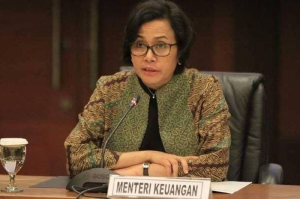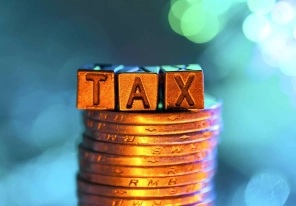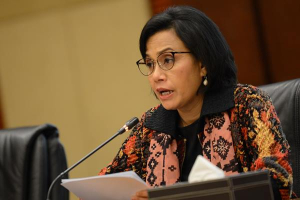Understanding tax on fringe benefits and its exemptions
The government recently issued Minister of Finance Regulation No. 66 of 2023 concerning Fringe Benefit Tax, which have been in effect since July 1, 2023.
Broadly speaking, fringe benefit tax is a tax imposed on facilities or benefits other than money given by employers or companies to employees or workers. This tax is categorized as income tax for taxpayers.
Since last year, Government Regulation No. 55 of 2022 categorized fringe benefits as income received by employees. Therefore, they are classified as objects of income tax.
"Compensation or remuneration in connection with work or services received or obtained in the form of fringe benefits constitutes income that is subject to Income Tax," Article 3 Paragraph 1 of Minister of Finance Regulation No. 66 of 2023 states.
Not all fringe benefits are subject to tax
However, it should be noted that there are several fringe benefits that are exempted from tax. There are 11 benefits that are excluded from the objects of income tax, namely:
- Food/beverages provided to all employees at the workplace without value limits. Also, meal vouchers for employees on business trips (including reimbursement for meal/drink expenses) up to a maximum of IDR 2 million per month or the equivalent provided at the workplace (whichever is higher).
- Fringe benefits related to occupational safety, health, and workplace safety standards, including uniforms, employee transportation, occupational safety equipment, medicines/vaccines in relation to pandemic mitigation without value limits.
- Facilities for employees and their families working in certain areas including remote areas, including housing facilities, health services, education, transportation, and sports facilities without value limits.
- Gifts for religious holidays including Eid al-Fitr, Christmas, Nyepi, Waisak, and Chinese New Year without value limits. Gifts provided not related to religious holidays are limited to a maximum of IDR 3 million per year.
- Work equipment and facilities such as laptops, computers, mobile phones, phone credit, and internet without value limits.
- Healthcare and medical treatment facilities in the event of work accidents, work-related illnesses, emergencies, and subsequent treatments without value limits.
- Sports facilities other than golf, horse racing, power boating, hang gliding, and automotive sports up to a maximum value of IDR 1.5 million per month.
- Communal residential facilities (dormitories, etc.) without value limits. Non-communal residential facilities such as apartment/house rentals are limited to a maximum of IDR 2 million per month.
- Vehicles are not subject to tax if the employee/recipient is not a shareholder and the gross income does not exceed IDR 100 million per month.
- Contributions to pension funds borne by employers for employees.
- Places of worship, such as prayer rooms, mosques, chapels, or temples intended solely for worship activities.
Taxable office facilities
Meanwhile, the list of facilities subject to fringe benefit tax is regulated in Law No. 7 of 2021. Broadly speaking, fringe benefits subject to tax are any form of remuneration or benefits that have high economic value.
However, with the issuance of Minister of Finance Regulation No. 66 of 2023, there are several exceptions regarding office facilities that can be subjected to tax, as follows:
- Food or beverage vouchers with a minimum value of IDR 2 million per month.
- Gifts given on occasions other than religious holidays, with a minimum value of IDR 3 million.
- Golf, horse racing, motorboat racing, hang gliding, and automotive sports facilities.
- Other sports facilities with a minimum value of IDR 1.5 million within a period of 1 year.
- Residential facilities such as houses or apartments, with a minimum cost of IDR 2 million per month.
- Vehicle facilities for employees who are shareholders in the company and earn a minimum of IDR 100 million per month.
Mandatory reporting in Tax Return (SPT)
With the implementation of these regulations, fringe benefits that are not exempted will be subject to income tax (PPh), and therefore the recipients must report them in the Tax Return (SPT).
Benefit recipients, in this case employees, are still required to report various facilities received since January 2023 in the Annual Tax Return for 2023.
Director of Tax Regulation I at the Directorate General of Taxes, Hestu Yoga Saksama, explained that this is done because the Annual Tax Return records the tax period from January to December in the previous tax year.
Considering that the provisions were not in effect from January to June, Hestu mentioned that natura received during that period was not subject to income tax deductions by the employer, so the recording and payment must be done by the recipients themselves.
Tag
Already have an account? Sign In
-
Start reading
Freemium
-
Monthly Subscription
30% OFF$26.03
$37.19/MonthCancel anytime
This offer is open to all new subscribers!
Subscribe now -
Yearly Subscription
33% OFF$228.13
$340.5/YearCancel anytime
This offer is open to all new subscribers!
Subscribe now






